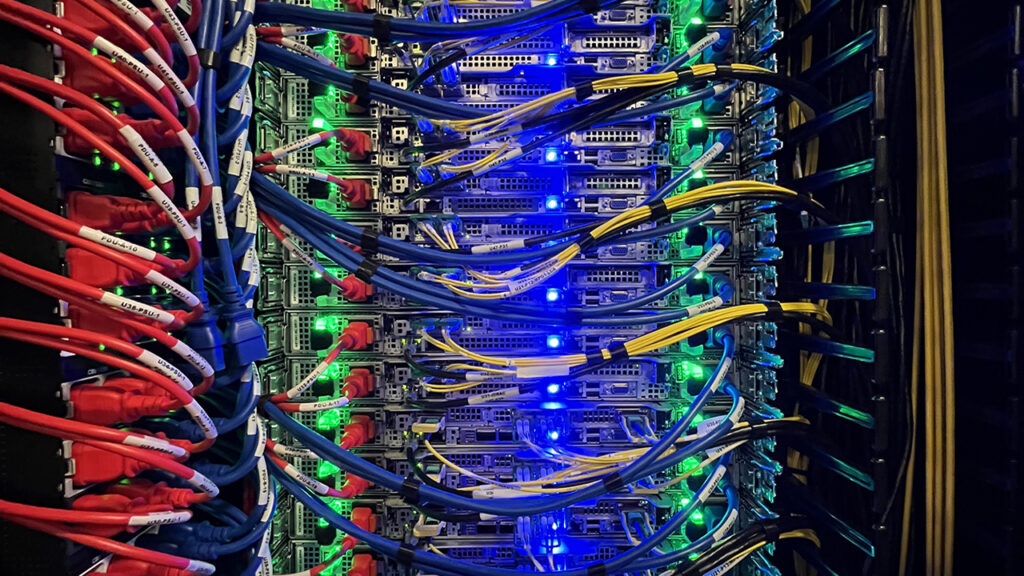
Edinburgh supercomputing team joins National Centre for Atmospheric Science
EPCC joins the National Centre for Atmospheric Science to enhance atmospheric modelling and climate prediction with its world-class computing systems and expertise.
Professor Stephen Mobbs, Executive Director at the National Centre for Atmospheric Science (NCAS) sets out the scope of the new partnership agreement:
“NCAS collaborates with a growing number of universities and research institutes across the UK to address some of the most crucial questions in climate change, air pollution, and weather science – and this now includes EPCC. Our new EPCC partnership, announced today, will bring additional world-leading computational science to NCAS. We are excited by this opportunity to link our research with the UK’s leading centre for supercomputing and data science expertise; this further extends our formal links with science excellence in Scotland, which began in 2024 with our partnership with the University of St Andrews.”
The Edinburgh-based research team will align their work closely with the Natural Environment Research Council’s Digital Strategy, and with the new “Digital Atmosphere” science programme at NCAS.
Climate science is drowning in data but we are still in huge need for insight. Traditional simulations in our field demand colossal energy, but new computational hardware and software, including ML can distil complexity into efficiency, replacing brute-force computation with learned intuition. The science this partnership will enable isn’t just optimisation – it’s a reimagining of computational science in harmony with the planet, in order to tackle fundamental climate change related issues.
– Ioana Colfescu, the Digital Atmosphere Programme and NCAS Scotland lead, and a Machine Learning and Climate Principal Fellow at University of St Andrews
Professor Mark Parsons, EPCC Director and Dean of Research Computing at the University of Edinburgh welcomed the agreement, saying:
“EPCC has worked with NCAS and its partners through the national HPC services for many years. We’re very pleased to have now been invited to formally join NCAS as one of those partners and to have been given the opportunity to grow our collaboration with the centre from this strong base. Over the past decade, EPCC has broadened its supercomputing activities by adding a significant data science and AI focus. We look forward to bringing these skills to NCAS’s many scientific programmes.”
